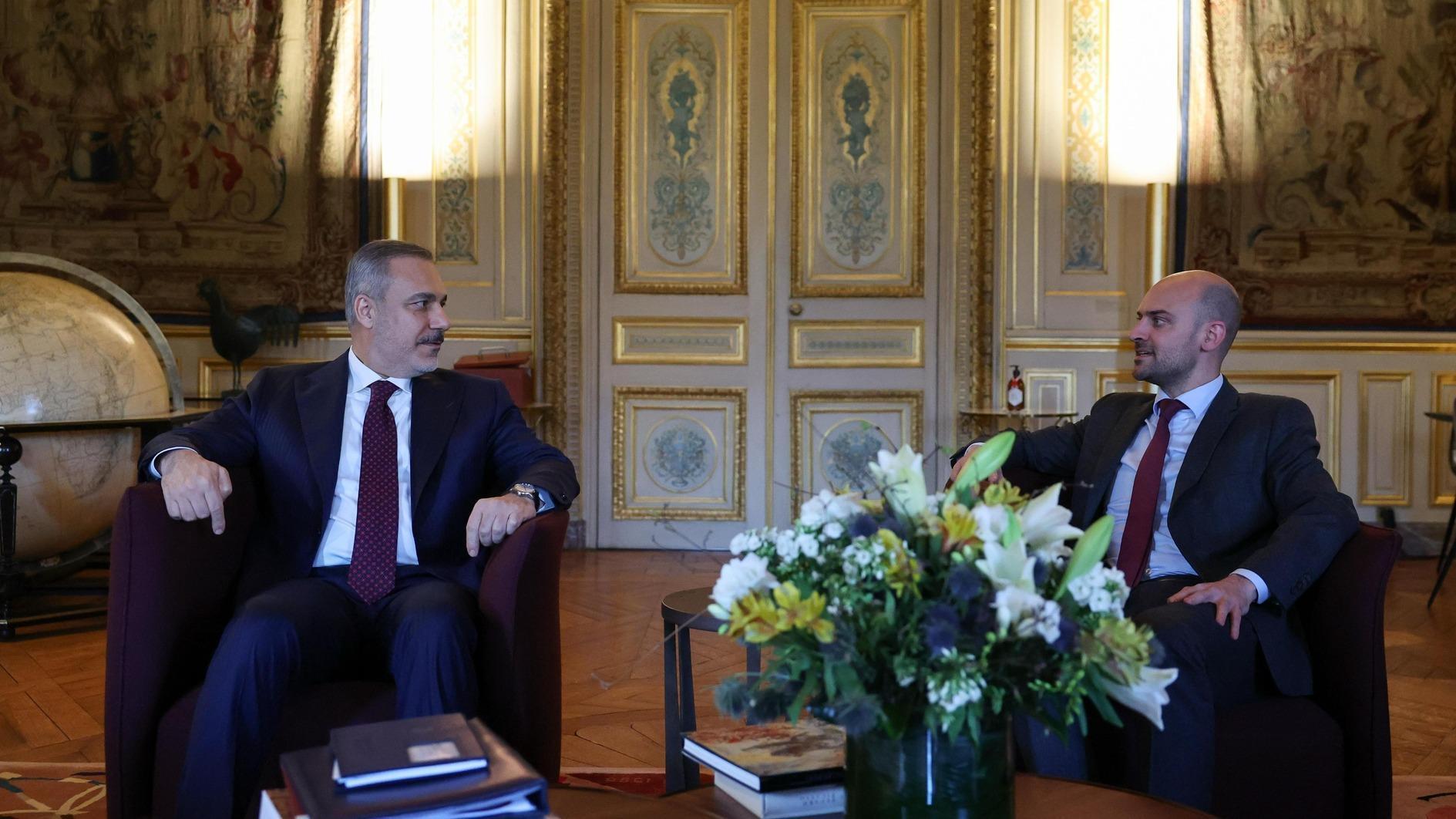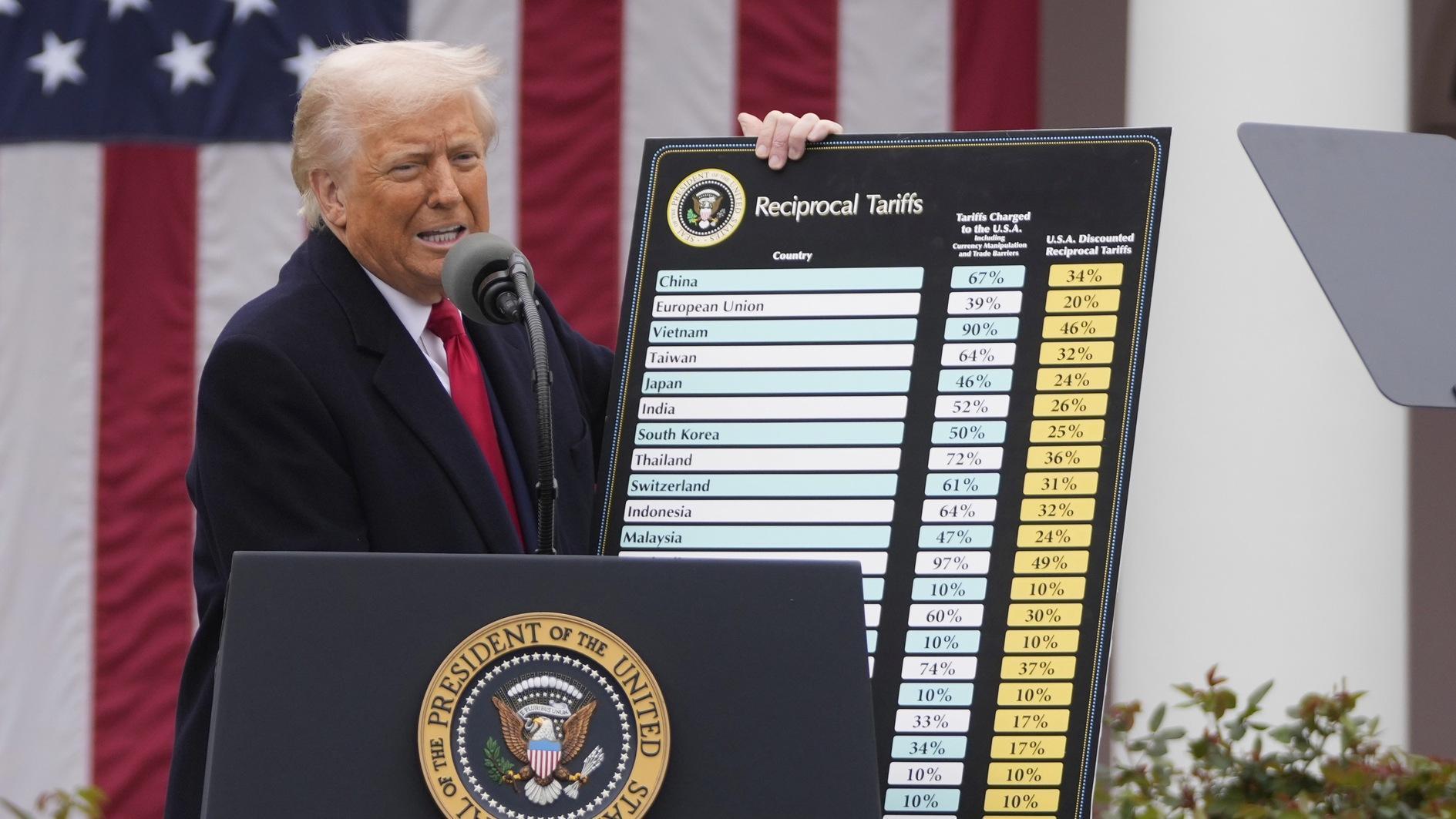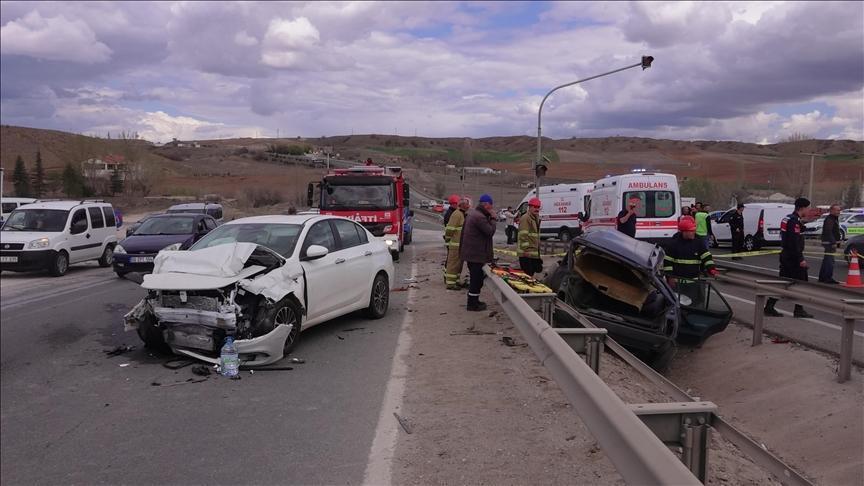Erdoğan’s call for restraint
Turkey is now coming back from a long bayram holiday, or I should say from a feast, in the Russian philosopher Bakthin’s sense of the term. “The feast” says Bakthin, “Has no utilitarian connotation [as has daily rest and relaxation after working hours]. On the contrary, the feast means liberation from all that is utilitarian, practical. It is a temporary transfer to the utopian world.” I guess that is why he also describes the feast as “the primary and indestructible ingredient of human civilization.” It might be the result of the feast he is coming from, but your analyst is definitely in a positive mood today.
I see two signs towards normalization. One happened before, and the second during the feast. The first was President Recep Tayyip Erdoğan’s call for restraint on the purge of religious fanatics that perpetrated the failed coup attempt in Turkey in July. The second was the reappearance of Abdullah Öcalan in the Turkish media once more, and the termination of a Diyarbakır-based hunger strike asking about his whereabouts. Let me elaborate.
After that dreadful July night when we witnessed Turkish jets bombing Ankara, Turkey is still in flux. Two months have passed, yet there is still a sense of urgency in the air. Remember the tight police escort of Turkish political elite at Ataturk’s mausoleum during the ceremony on Aug. 30? The police officers formed a buffer zone between the soldiers and the politicians, presumably in case the former made an attempt on the latter. Meanwhile, the purge of religious fanatics that perpetrated the failed coup is still in progress.
Just before the holiday, however, Erdoğan for the first time asked for restraint in the purge, not once, but twice. He first used the Turkish idiom “the tracks of horses are getting mingled with the tracks of dogs,” which is used to mean that the environment became too chaotic to properly distinguish between the guilty and the innocent. This is especially true in provinces where governors and public prosecutors have the time, will and multiple lists of personal enemies. The state of emergency basically meant open season in those places.
A few days later, the president reiterated the need for caution during the purge when meeting with the governors of all Turkish provinces. After emphasizing his determination to fight terrorists of all sorts, he underlined that governors have an even greater responsibility to purge their ranks and protect the innocents with utmost care at the same time. “I don’t want you to compete for suspending the highest number of civil servants,” he said, “I want you to be just.” Coming from him, that message will not fall on deaf ears.
Why is he calling for restraint? I think he is aware of the potentially devastating impact on the economy. It has become bitterly difficult for purchasing managers to operate their supply chains. No one knows for sure whether their supply chain is now “tainted” or not. If it is, and something happens, then chances are that you will forfeit the products you ordered, the money due, and maybe your freedom along the process. Take a look at the drastic decline in automotive sales, which dropped around one-third from July 2015 to July 2016 in Turkey. Look at the deterioration of PMI (purchasing managers’ index) figures in July and August. July industrial production index figures were at an 11-year low. Then second quarter growth figures came out lower than expected as well. Now it is all but certain that 2016 is going to be the fifth consecutive year of lower than average growth for the Turkish economy. Low growth is bad for politics. It is even worse for elections.
EU officials have been asking for restraint since the outset. U.S. officials have been doing the same. Then Erdoğan himself asked for restraint, not once, but twice. This is the first positive sign I had in mind during the Turkish feast. Then Abdullah Öcalan’s message from jail again appeared in Turkish media. It may look like an optical illusion due to the festive mood, but I feel more relaxed this time around despite all odds.
I see a trend towards normalization dictated by economic necessities. 2017 is going to be the sixth consecutive year of lower than average growth in Turkey if structural reform measures are not introduced rapidly. And low growth is definitely a bad omen for upcoming election cycles.
In order to get things back on track in time, Turkey needs to turn 2017 into a year of structural reform. That is good news for Turkey’s normalization and the continuation of its European transformation, if you ask me. Turkey needs the EU more than ever now. Turks, like anyone else, are Bakthinian at the end of the day – we cherish our “temporary transfer to the utopian world” too much to ever give it up.











